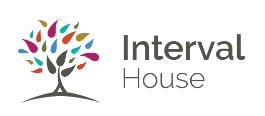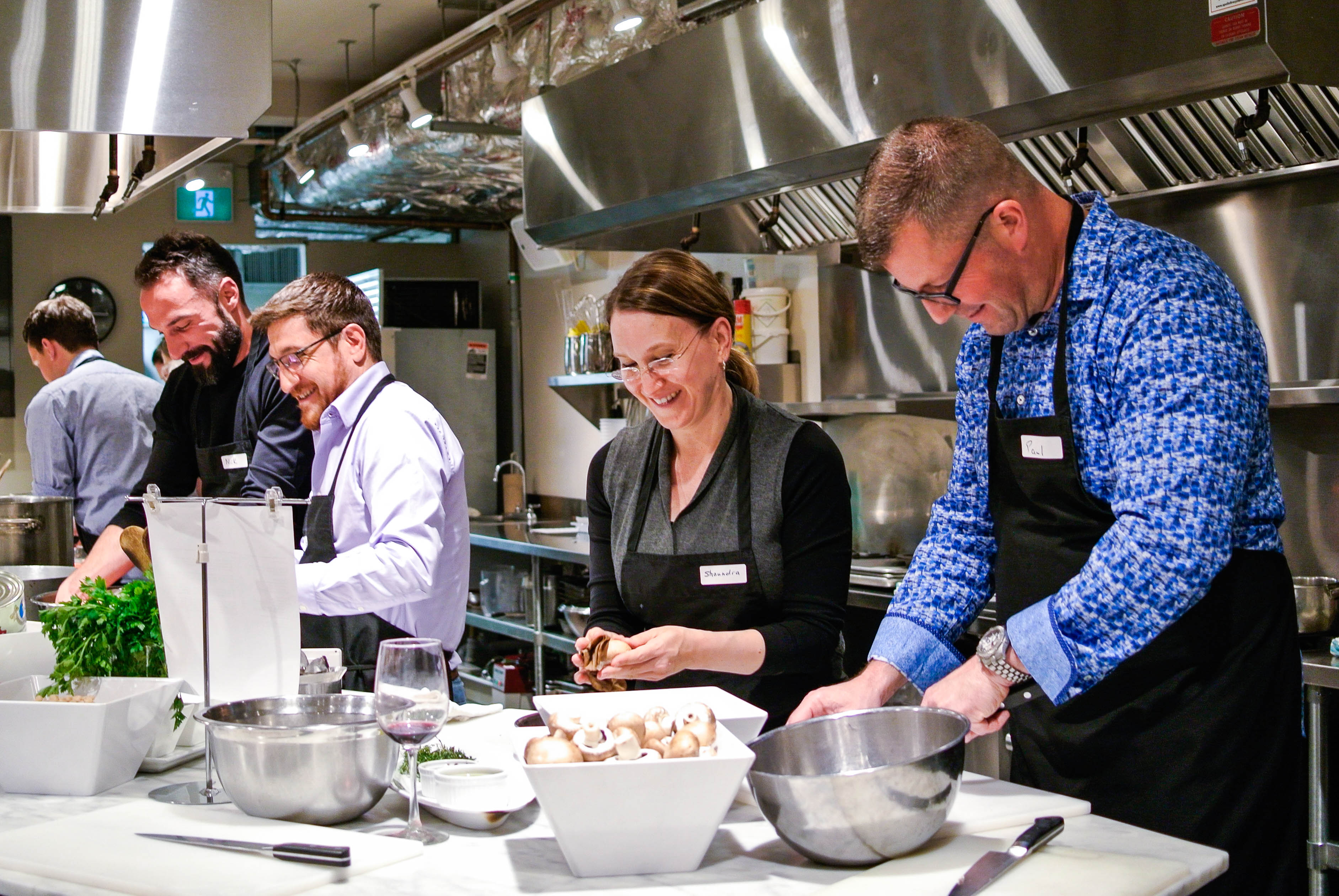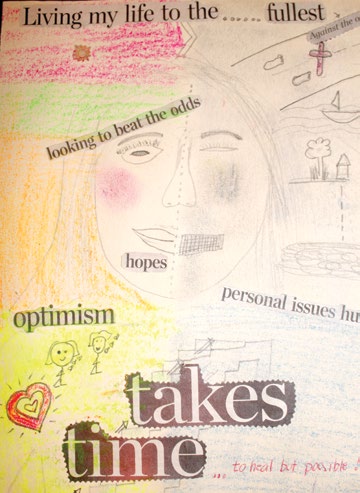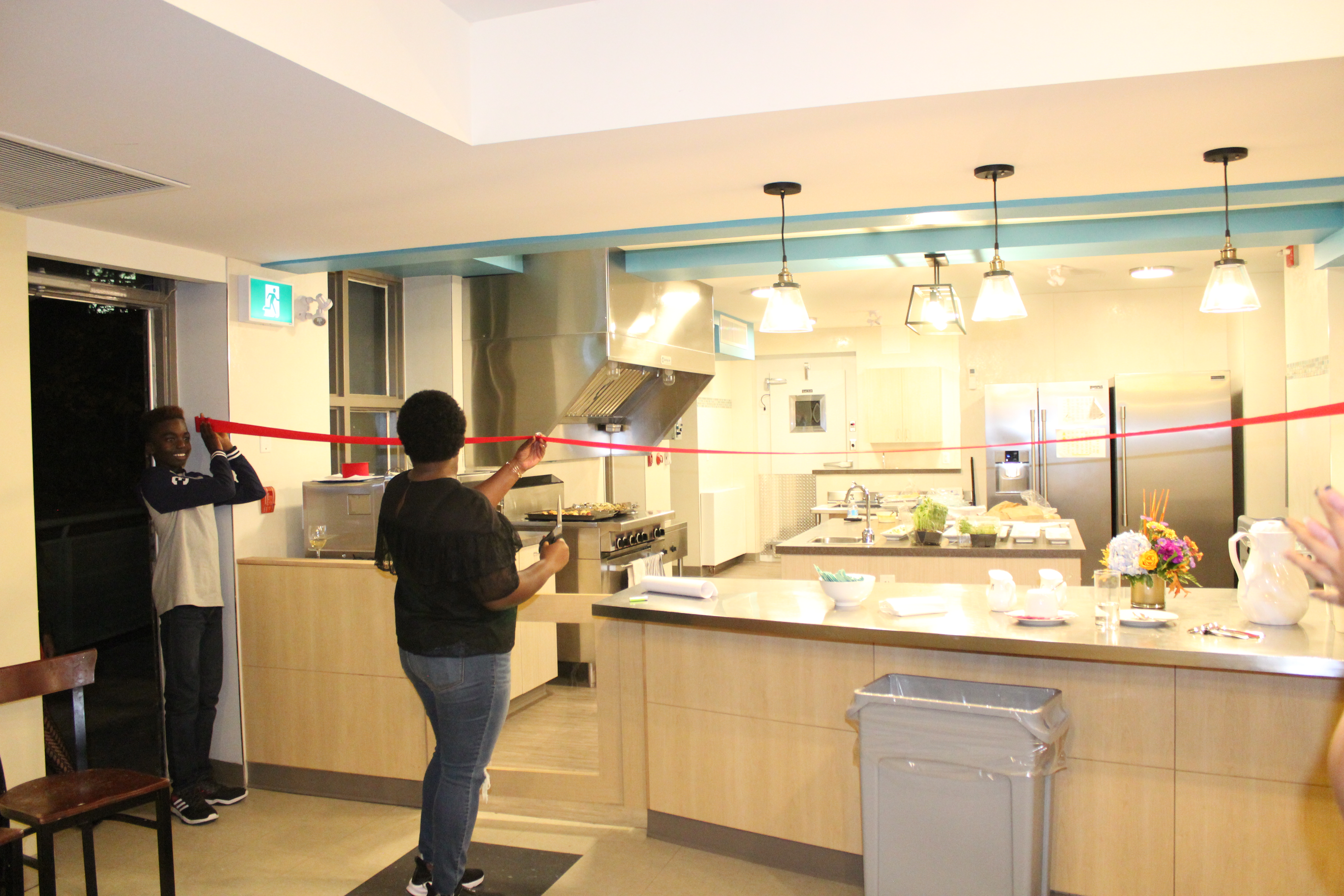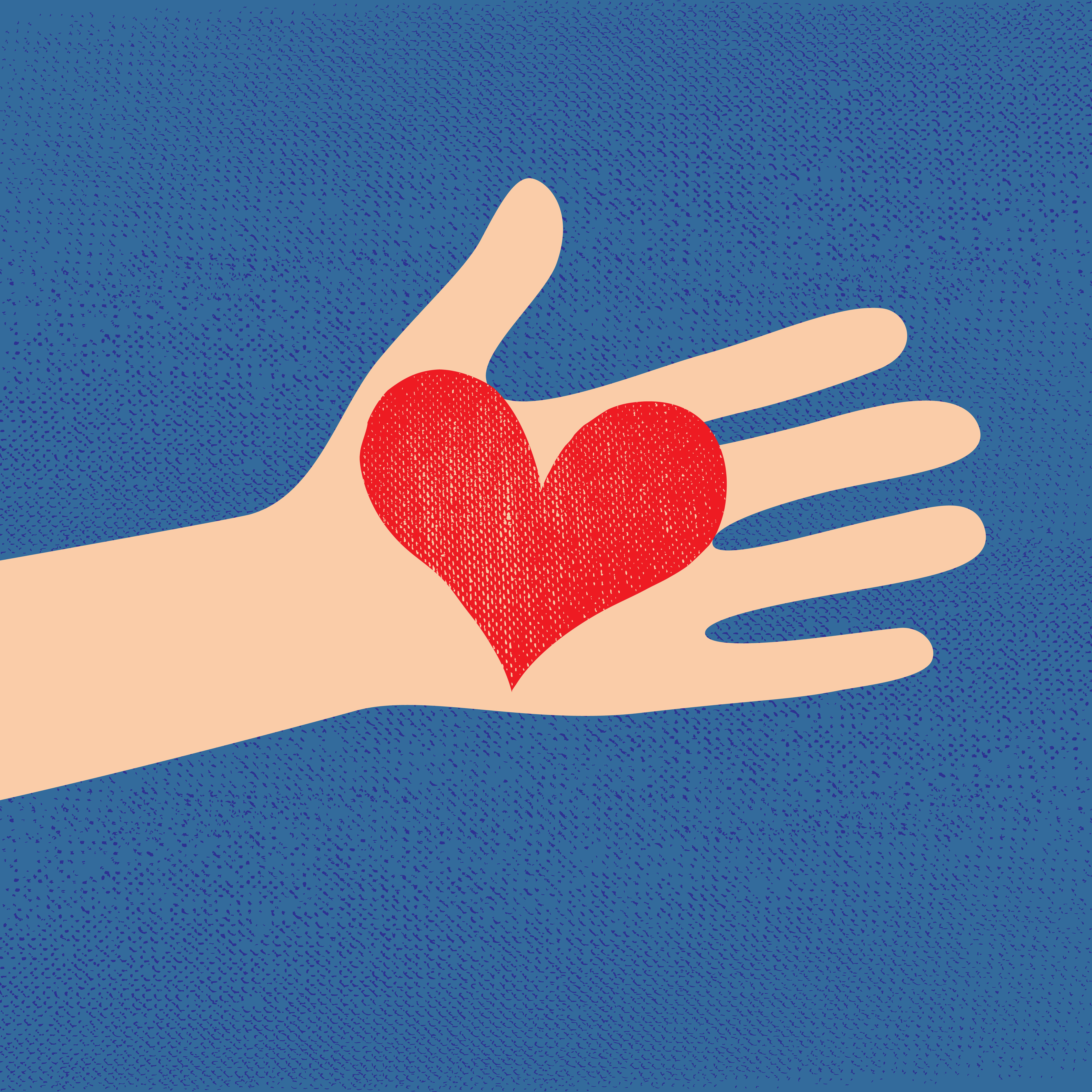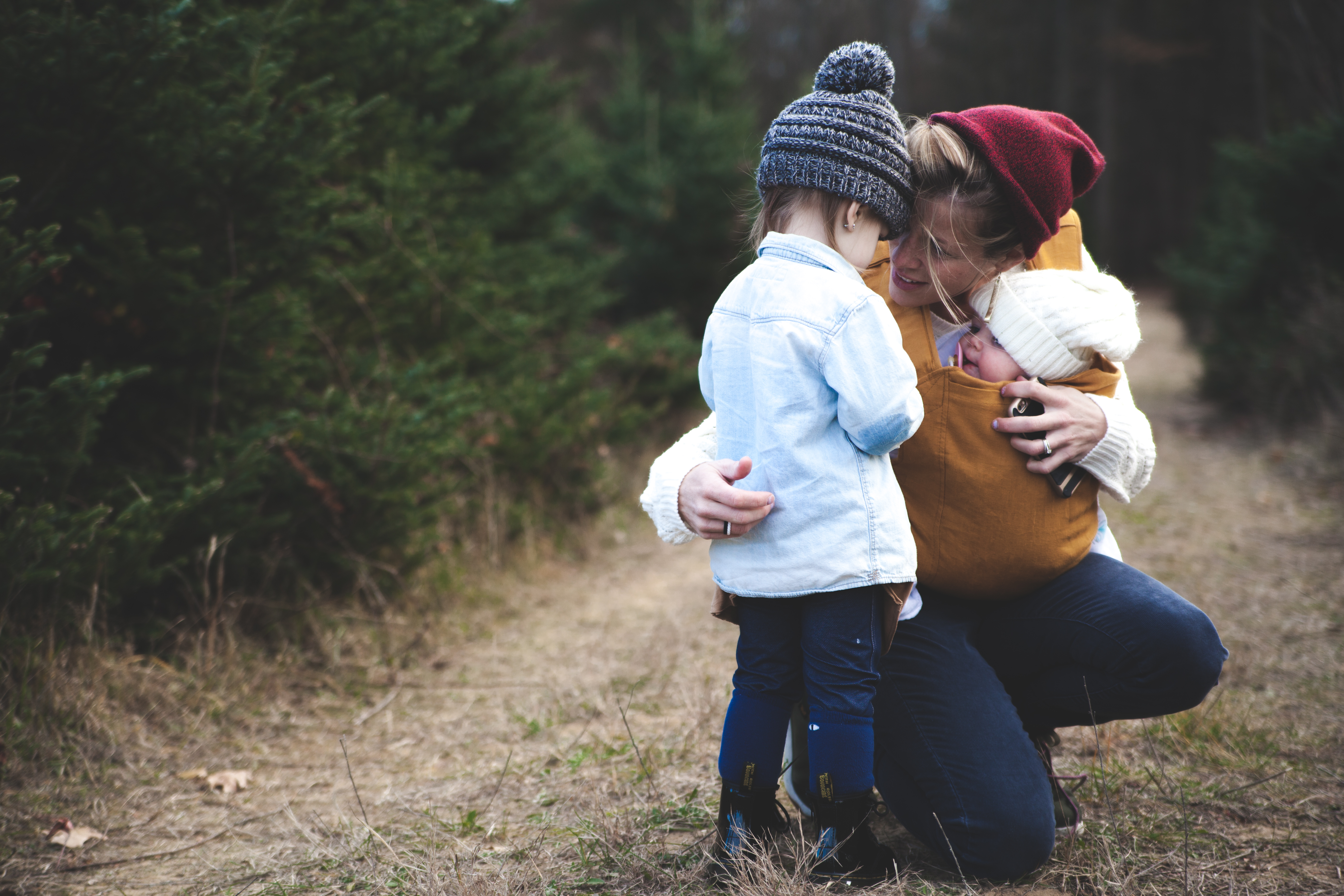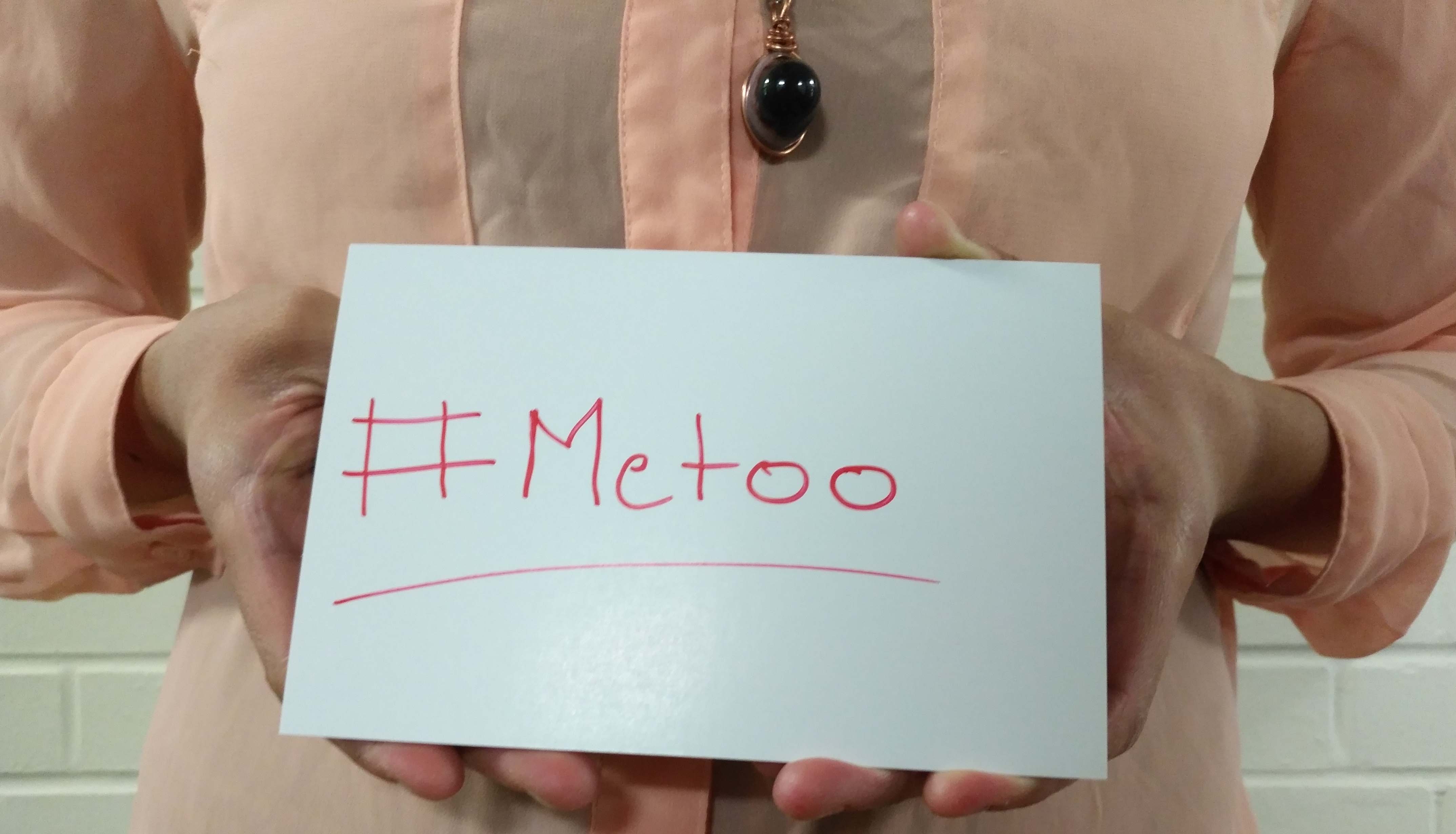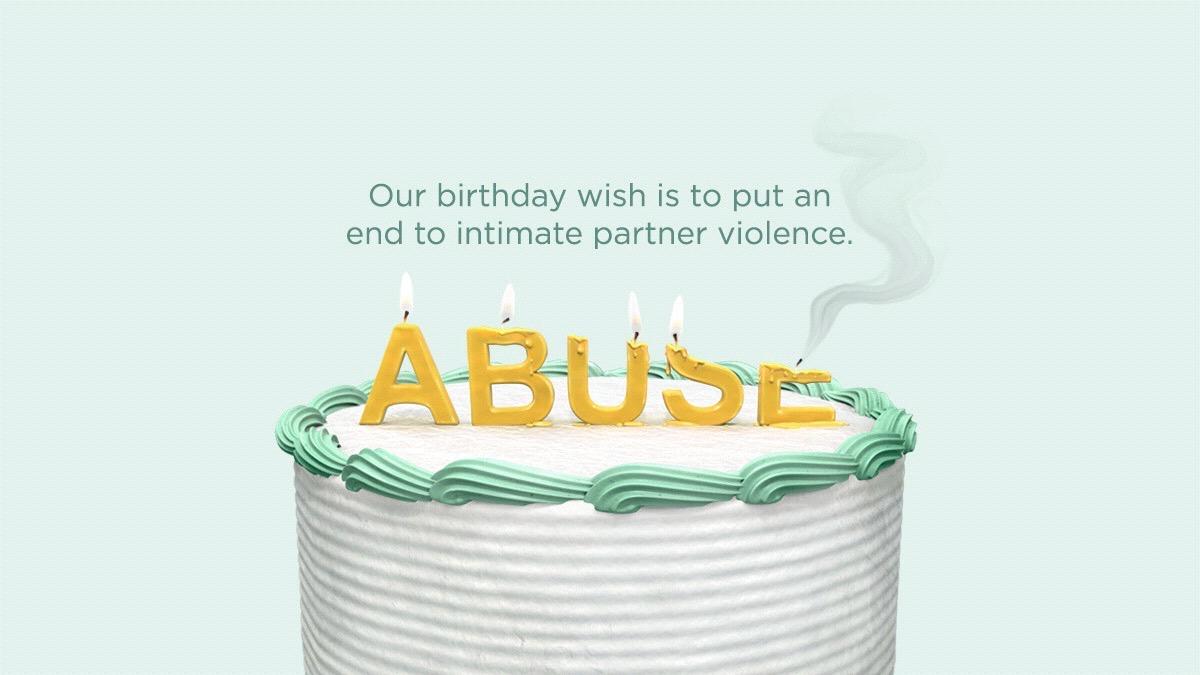
This is a very momentous time for Interval House. Not only is it the middle of National Volunteer Week, it is also our Birthday month! Perhaps you’ve seen our posters up in the TTC this month, marking our 45th. How appropriate it is for these two occasions to collide, considering the important role volunteering has played in Interval House’s history.
In 1973, Interval House was founded by a group of determined feminists who saw a gap in services available to women and set forth to fill that gap. They started out as a collective, volunteering their time to open the first centre for women survivors of partner abuse and their children. Initially a drop-in centre, Interval House soon became a full-service shelter when the founders realized many women did not want to go home to their abusive partners at the end of the day. Programs and services were then designed specifically to help survivors of intimate partner violence get back on their feet and forge ahead into a future free from abuse for themselves and their children. If it weren’t for the giving spirit of these impassioned volunteers, Interval House would not exist today.
Over the years, Interval House has helped more than 3,000 families rebuild their lives. Through counselling, workshops, group activities, family outings, job training, life skills training, housing and resettlement services and so much more, Interval House continues to be dedicated to guiding women and children into brighter days. Because sadly, intimate partner violence is still a problem that so many women face — part of a complex system of gender-based violence that feminists and allies in the quest for gender equity continue to untangle today.
What also continues today is the important role volunteers play in carrying out our important mission. We are so grateful for those that give of their time to make a difference to so many women and children — those who keep our boutiques neat and up-to-date so that women can pick out casual and professional clothing options as they’re establishing a new normal; the amazing corporate groups that come in and cook meals for the families, giving the women a night off; the generous supporters that raise money for our programs with third party events; the groups that come in to decorate and brighten the space for the holidays; the families and companies that run drives to collect items like toiletries and diapers that we always need in the shelter; the cheerful folks that help out at our events for residents and clients, bringing so much energy with them; and of course, the Board of Directors, always working hard to keep Interval House on track so that we’re keeping up with the needs of those we serve.
Yes, volunteers are part of the very fabric of Interval House and we wouldn’t be here today if it weren’t for them. Our work is bolstered by those that stand behind us and show that ending the cycle of violence against women is important to them too. We hope you, like our volunteers, will help us make a wish as we blow out our birthday candles this month. That wish is to put an end to intimate partner violence. For good!
